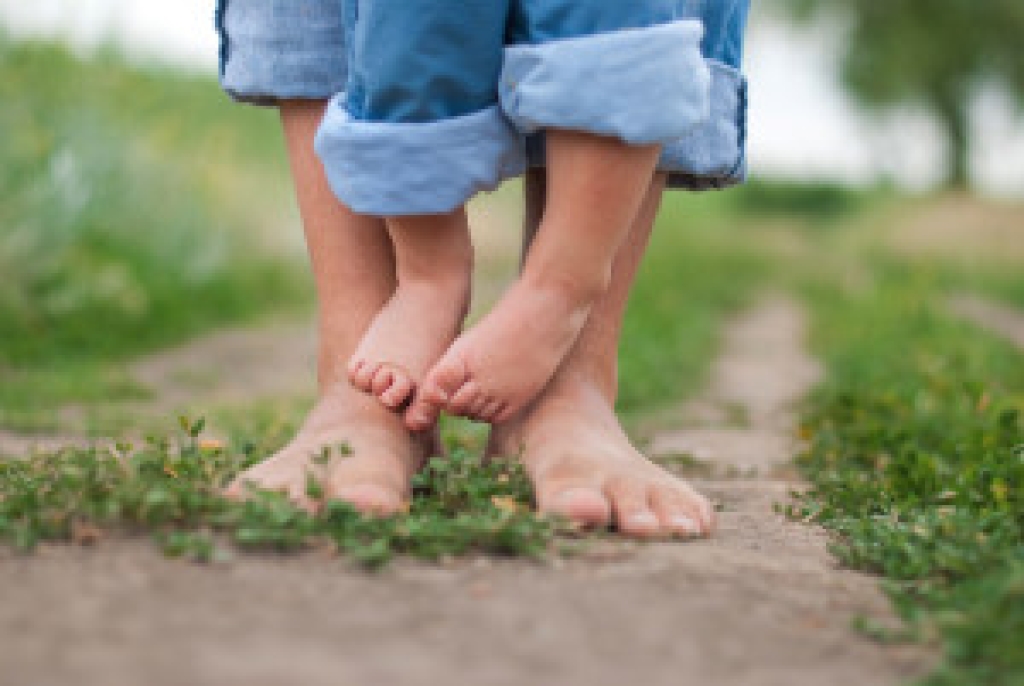
Babies do not need shoes when they are learning to crawl, pull up, or take early steps. Bare feet help them feel the ground, strengthen their muscles, and improve balance. Once a child begins walking confidently outdoors, shoes become important for protection from rough surfaces, heat, cold, and sharp objects. While indoors, it is still best for little ones to stay barefoot or wear soft, flexible socks with grips so their feet can continue developing naturally. When choosing a child’s first shoes, look for a lightweight, flexible sole that bends easily, a wide toe box for natural movement, and a secure fit that does not squeeze or rub. Avoid stiff or thick soles that limit foot motion. Healthy foot development lays the foundation for strength, balance, and comfort as children grow. If you notice unusual walking patterns, frequent tripping, or foot discomfort, it is suggested that you see a podiatrist for expert guidance.
The health of a child’s feet is vital to their overall well-being. If you have any questions regarding foot health, contact one of our podiatrists of New Jersey Foot & Ankle Centers. Our doctors can provide the care you need to keep you pain-free and on your feet.
Tips for Keeping Children's Feet Healthy
- Make sure their shoes fit properly
- Look for any signs of in-toeing or out-toeing
- Check to see if they have Clubfoot (condition that affects your child’s foot and ankle, twisting the heel and toes inward) which is one of the most common nonmajor birth defects.
- Lightly cover your baby’s feet (Tight covers may keep your baby from moving their feet freely, and could prevent normal development)
- Allow your toddler to go shoeless (Shoes can be restricting for a young child’s foot)
- Cut toenails straight across to avoid ingrown toenails
- Keep your child’s foot clean and dry
- Cover cuts and scrapes. Wash any scratches with soap and water and cover them with a bandage until they’ve healed.
If you have any questions, please feel free to contact our office located in Oradell, NJ . We offer the newest diagnostic and treatment technologies for all your foot care needs.




